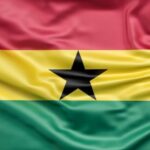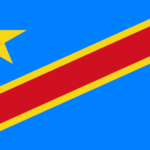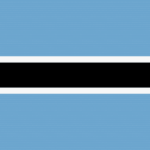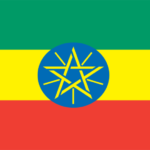BA FODAY MANSARAY
Ba Foday Manasaray (circa 1750s-1818) was a Limba leader who founded a state in Wara Wara district, based on Bafodea (Bafodaya), a capital named after him.
He appears to have been born about the middle of the 18th century. His father was Papay Ndayin, who had led migrants of the Mansary clan (a Mandinka Group) from the Northinto Wara wara Limba country, in the present koinadugu district, earlier in the century. After Ndayin had settled at Kayinbon, a town belonging to the Kamara, a Limba clan, he was given the daughter of Temeta, the Kayinbon Chief, as his wife. Her name was Biniti, and she became Ba Foday’s mother. Thus Ba Foday was born of a Mansary and Kamara union.
Upon the death of Ndayin, Ba Foday became ruler of Kayinbon himself, a development that signified the assumption of Mansary (Mandinka) in place of Limba rulership over Kayinbon. Ba Foday then convinced his Mansaray and Limba Kinsemen to move away from Kayinbon, which was in a hilly district, and to establish a new town in a water in a well-watered valley. Participating family units, whether Kamara mansaray, or Konte (another Mandinka group) from about 15 neighbouring Wara Wara Limba towns. The town, ruled by Ba Foday was named Ba Fodaya (today called Bafodea) after him, and became the capital of the towns and villages which had participated in its construction.
Ba Foday, from this new base, then consolidated his rule, and expanded it to include what is now the Wara Wara Yagala chiefdom of Kamuke, as well a large section of what is now the Kasun chiefdom. By the end of the 18th century, Ba Foday was himself appointing the heads of the towns under his control, although these appointees continued to be selected from among the towns’ ruling families.
During the time of his rule, Ba Foday successfully resisted attempt by the Fula of Futa Jallon (the mountainous district in what is now the Republic of Guinea) to subdue Wara Wara country. Earlier, the Fula has successfully launched a jihad (holy war waged on behalf of Islam in Futa Jallon in 1727-28, and subsequently envisaged extending the Jihad to neighbouring countries. By the second decade of the 19th century, however, Ba Foday had repelled the Fula army from his Kamuke province. But exertions called forth by the war took their toll, and Ba Foday died soon after, probably after 1818.
Though Wara Wara country, centered on the town of Bafodea temporary passed under the control of Futa Jallon soon after Ba Foday’s death, this great Limba leader had nevertheless succeeded in consolidating a polity which was to survive into the colonial period, when it was split up into a number of chiefdoms. He also secured the rulership of this state for his descendants.
C. MAGBAILY FYLE




